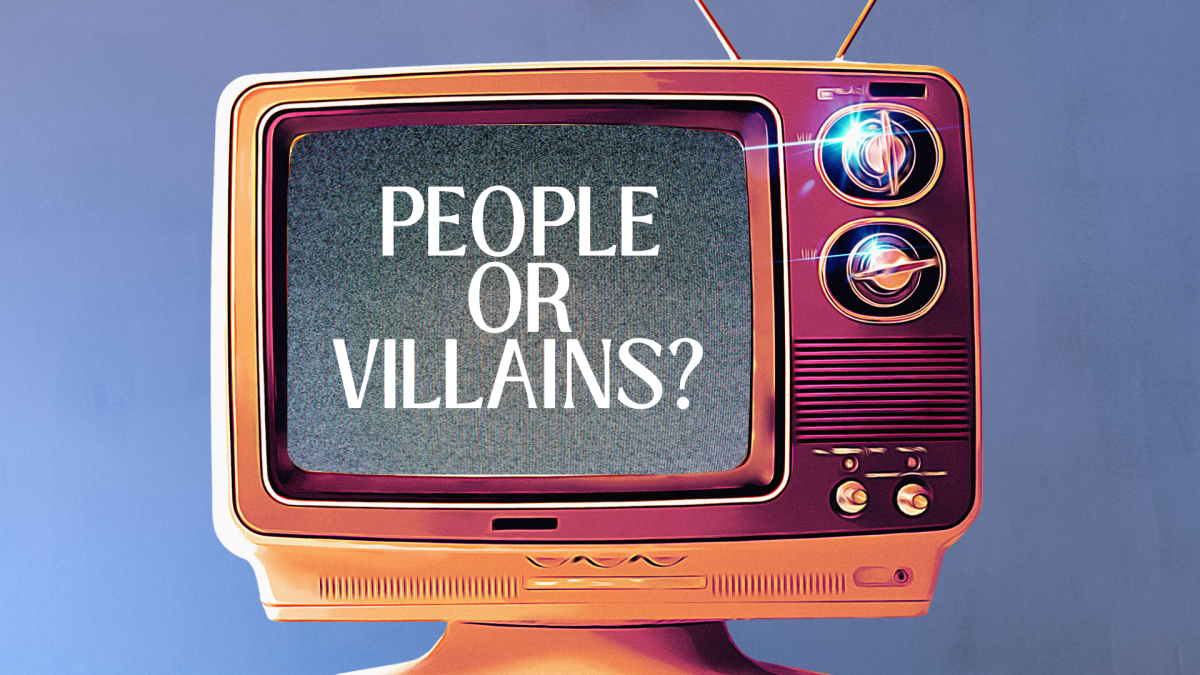Disclaimer: Mentions of suicide
I grab a bowl of strawberries and fill another with caramel popcorn before going into my bed, surrounded with blankets. Opening up my macbook at 9 p.m. every night in the summer, I log into my Peacock account and get prepared to watch another episode of “Love Island USA.”
Season 7 of Love Island USA took place one year after the show’s sudden boom in popularity, garnering 18.4 billion minutes of viewing time and becoming the number one reality title for one consecutive week according to NBC Universal. Season 7 has now become the most watched season of the show.
I considered Love Island as a source of entertainment, seeing catfights and relationship drama and unpacking my personal opinions on it. When starting the latest season, I did have my fair share of criticism just like everyone else. I found Jeremiah Brown and Huda Mustafa’s relationship to be incredibly toxic and found the opinions about it online to be accurate with my own. However, the overarching level of hatred and backlash this season’s cast has faced has made me realize the danger of idealization and categorizing real individuals into “heroes” and “villains.”
One of the most toxic aspects of season seven was the way viewers behave as if they personally know the contestants. Instead of remembering that these are strangers edited for television, fans project their own values and experiences onto them. According to an academic study conducted by two PhD professors at the University of Singapore, reality TV creates parasocial relationships, and one-sided attachments where audiences feel an emotional investment in someone who doesn’t even know they exist.
Viewers see contestants as objects of entertainment rather than human beings. Contestants are often reduced to roles within a storyline: the “sweetheart,” the “player,” the “villain.” People have stopped seeing the individuals behind the screen and begun treating them as disposable characters, canceling them based on what they saw versus what they know.
The most extreme example of this toxicity came when Mustafa rose to prominence in season 7 because of the dramatization she brought on screen. Initially when gaining popularity, Mustafa became one of the most hated contestants, with viewers escalating the hate on social media by calling Child Protective Services on her–a direct consequence of audiences confusing entertainment with reality.
Amongst many contestants from the latest season, Cierra Ortega is another example of cancel culture exceeding extreme levels. After being kicked out of Love Island in the middle of the season, viewers were quick to call Immigration and Customs Enforcement on her family due to their feelings about her actions in and out of the villa.
Editing choices can turn someone into the villain of the season overnight, regardless of what happened. Mustafa’s case also illustrates how audiences take their level of hatred to disturbing levels.
Mike Thalassitis, Sophie Gradon and Caroline Flack are notable individuals associated with Love Island who died by suicide. Prior to their death, followed a period of intense online harassment and bullying they received after the show. Ultimately, the problem lies in viewers failing to separate television from truth. Contestants are real people with families, careers and mental health struggles, yet they are treated like characters in a game.
*Editor’s note: Ritavari Singh is a student writer. All views expressed in the commentary are her own and are independent of the district, Rouse High School and the publication.


